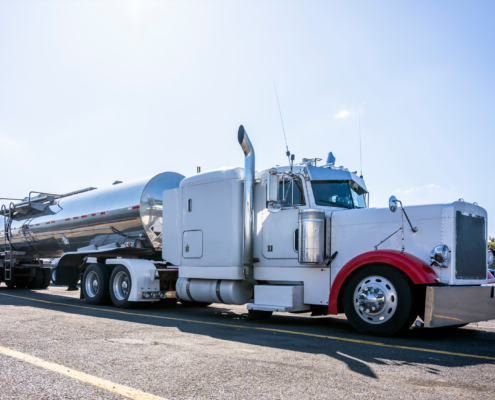Manual tracking relies heavily on employees to accurately log fuel transactions. This places an immense amount of trust in the workforce, which can be risky. People are human—they forget things, misinterpret instructions, or may not prioritize logging fuel usage consistently.
When fuel usage isn’t tracked correctly, it becomes increasingly difficult to identify issues such as fuel theft or discrepancies in inventory levels. For instance, if an employee forgets to record a fill-up, the company may assume they have more fuel available than they actually do. This can lead to shortages that disrupt operations, cause service delays, and affect customer satisfaction.
Additionally, manual systems often lack the analytical capabilities to derive insights from fuel usage data. Businesses miss out on identifying trends or anomalies that could signal problems. Without these insights, companies may find themselves reactive rather than proactive, scrambling to address issues only after they arise.











